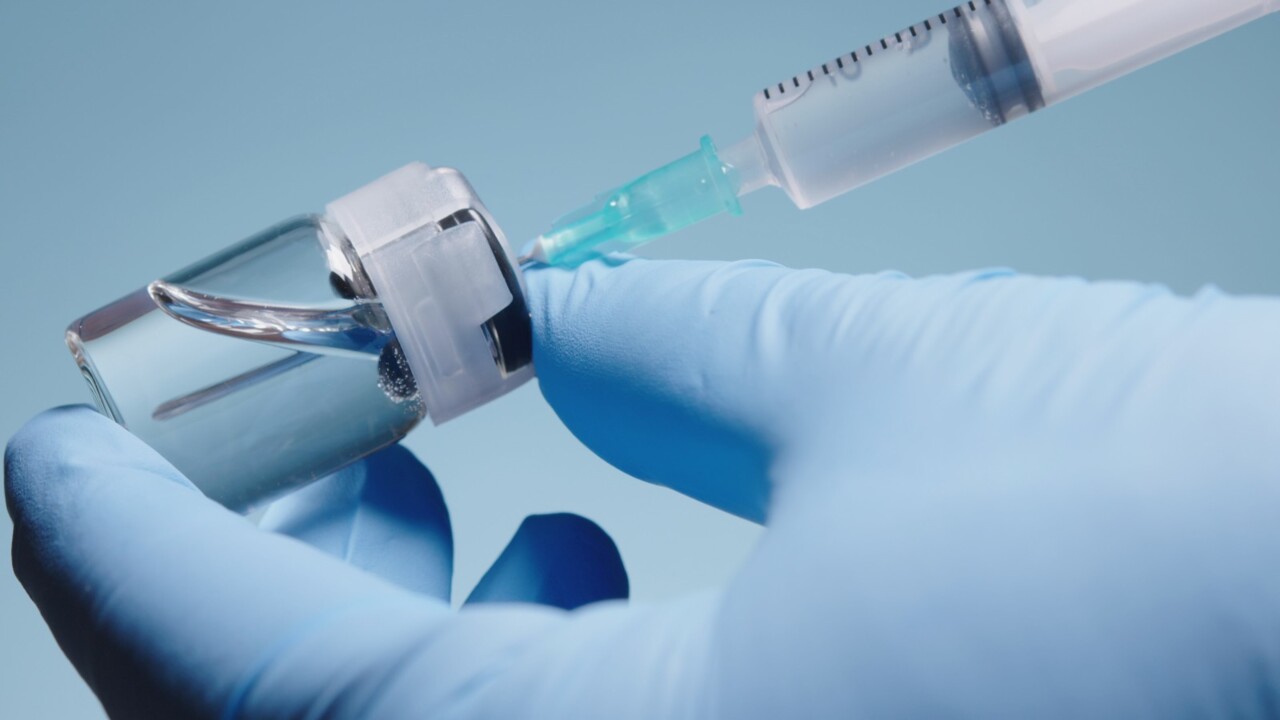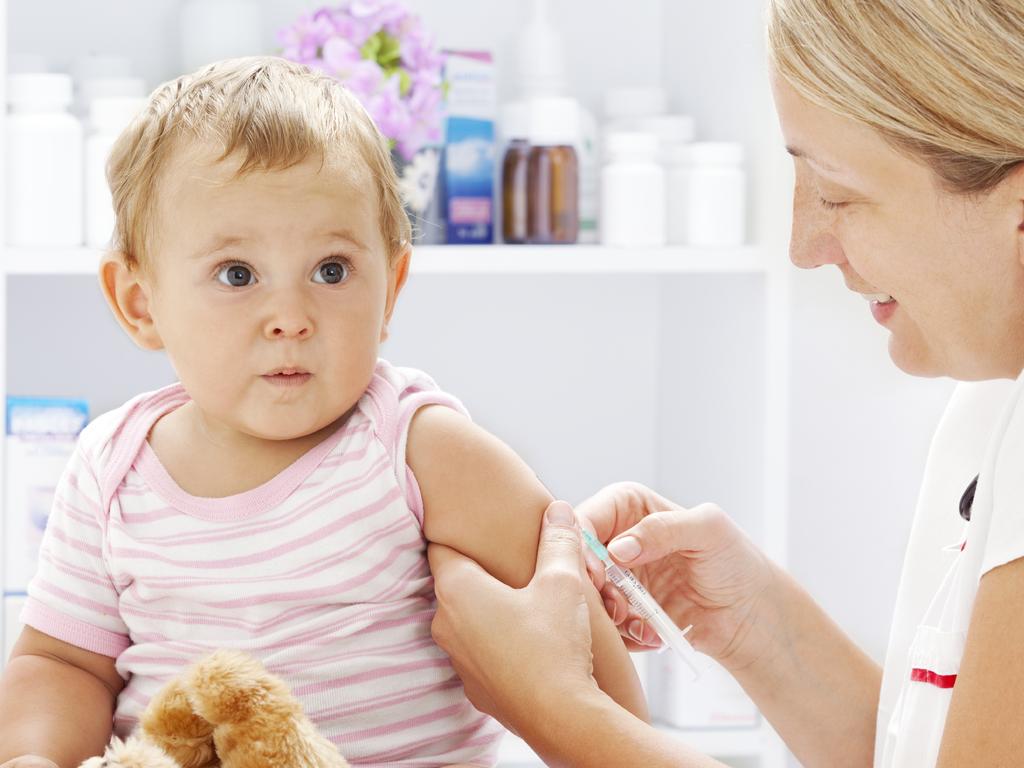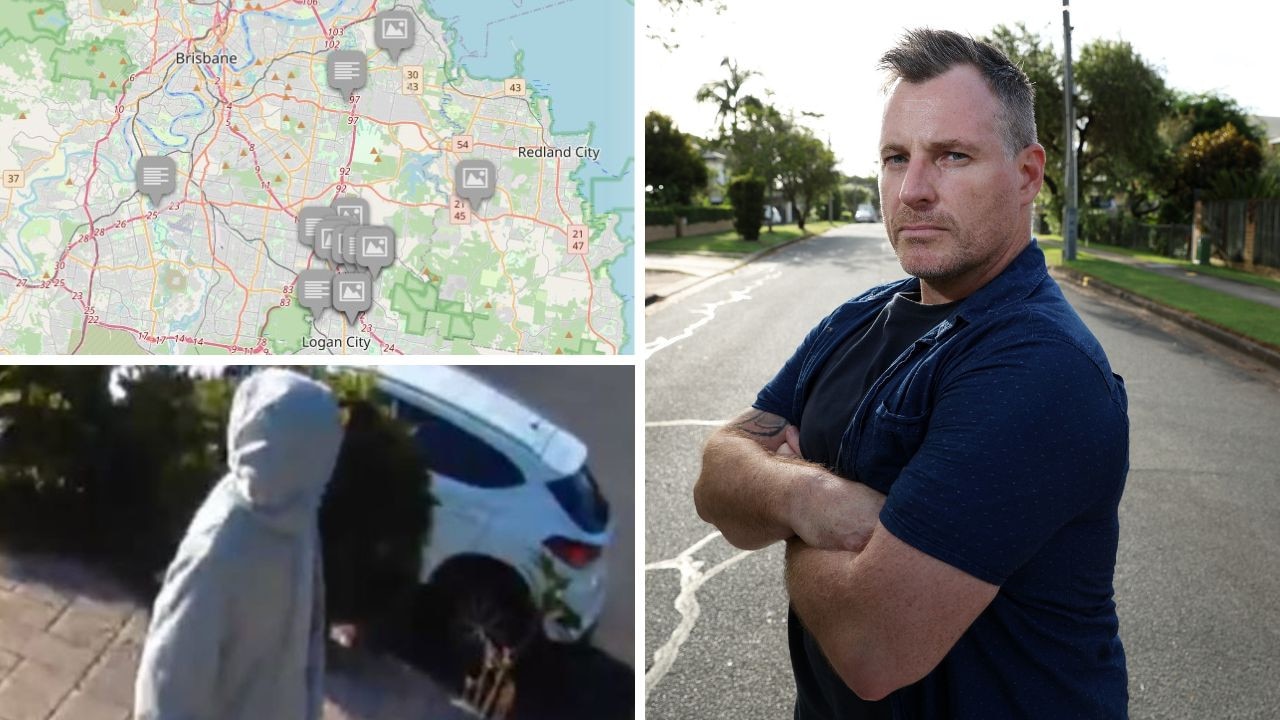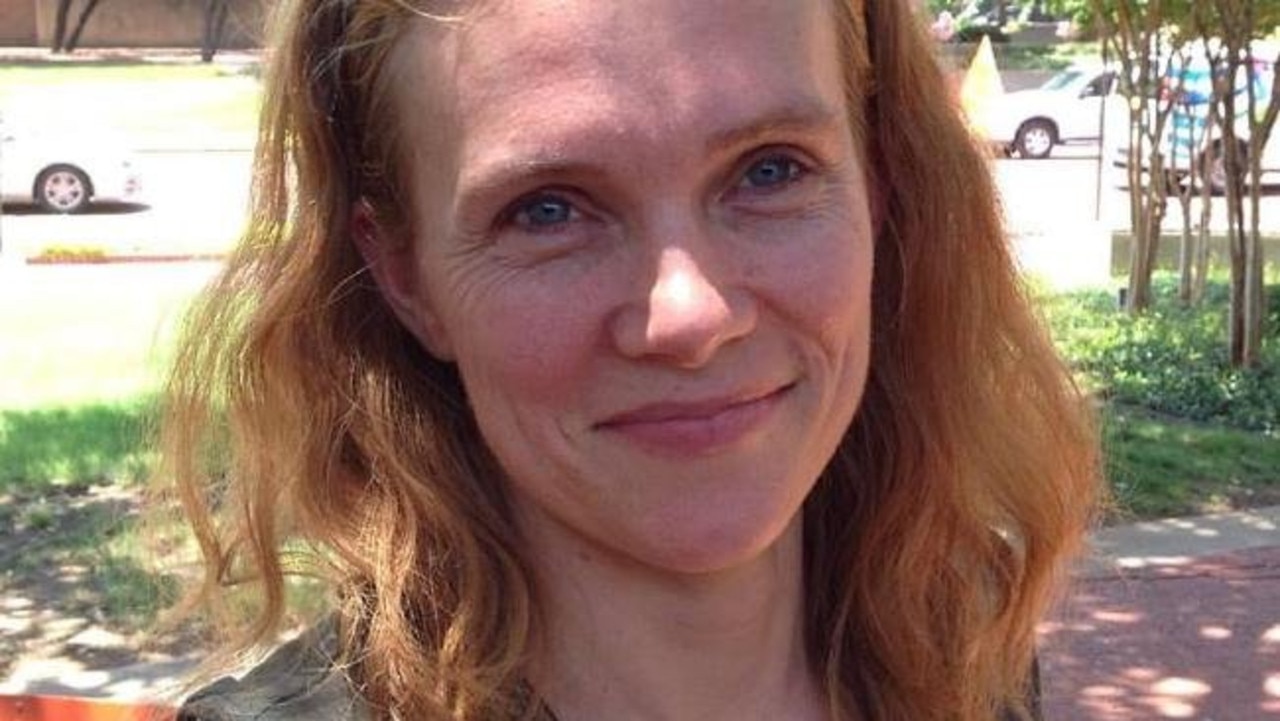New data shows shock decline in toddler vaccinations in Queensland since the pandemic
There has been a shocking drop in the amount of toddlers vaccinated against potentially deadly diseases since the pandemic, with Queensland now holding the dubious honour of having the lowest rate in the country. SEE THE WORST AREAS

QLD News
Don't miss out on the headlines from QLD News. Followed categories will be added to My News.
Only three quarters of toddlers in parts of Queensland are vaccinated against potentially deadly diseases — the lowest rate in the country.
Western Queensland, with towns like Mt Isa, Winton and Charleville, has horror levels of immunisation for children aged 21 months with only 77.8 per cent up to date with their scheduled jabs.
The Gold Coast and the Sunshine Coast areas are also trailing the rest of the nation in milestone vaccinations across all age groups.
The National Immunisation Program schedule shows that children at 21 months should have received protection against diphtheria, tetanus, whooping cough, polio, measles, mumps, rubella and hepatitis A.
Data from the newly released 2022 National Centre for Immunisation Research and Surveillance highlights that vaccination coverage in children has continued to decrease since the onset of the Covid-19 pandemic.
“This represents the first comprehensive stocktake of the ongoing impact of the pandemic on vaccination coverage in Australia,” Frank Beard, Associate Director, Surveillance, Coverage, Evaluation and Social Science at NCIRS, said.
“Importantly, it highlights a concerning downward trend in fully vaccinated coverage in children,” he said.

Nationally vaccine coverage decreased from 2021 to 2022 from 94.2 per cent to 93.3 per cent at 12 months, 92.1 per cent to 91 per cent at 24 months and 94 per cent to 93.4 per cent at 60 months.
Alarming only 13.8 per cent of regions across the country reached the national immunisation coverage of the second dose of the Measles-mumps-rubella (MMR) vaccine.
Based on Australian Government Department of Health and Aged Care data, there were no cases of measles in Australia in 2021, while there have been seven in 2022 and 24 confirmed cases in 2023 related to large overseas outbreaks and increasing international travel.
“Younger children are generally more at risk of severe disease, and Aboriginal and Torres Strait Islander and socio-economically disadvantaged children even more so. Vaccination at the earliest appropriate age, in line with the National Immunisation Program schedule, is important to protect these children,’ Associate Professor Beard said.
The NCIRS insists that further investigation is needed to better understand barriers to vaccine uptake, which are likely to include a combination of lack of access to vaccination services and vaccine hesitancy.
PERCENTAGE OF FULLY VACCINATED CHILDREN AT 21 MONTHS
Brisbane North: 88.7%
Brisbane South: 86.5%
Central Queensland/Wide Bay/Sunshine Coast: 84.1%
Darling Downs/West Moreton: 87.2%
Gold Coast: 82.2%
Northern Queensland: 84.8%
Western Queensland: 77.8%
Source: National Centre for Immunisation Research and Surveillance
More Coverage
Originally published as New data shows shock decline in toddler vaccinations in Queensland since the pandemic






